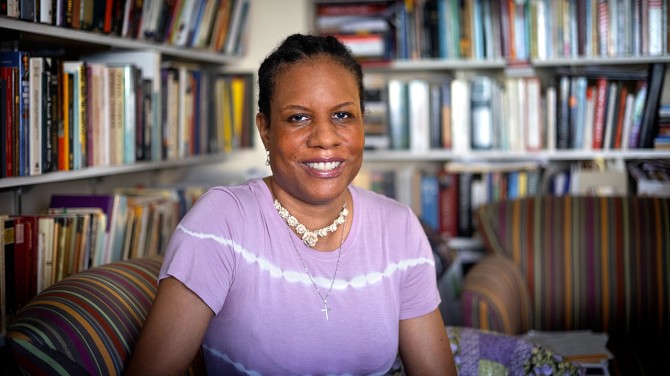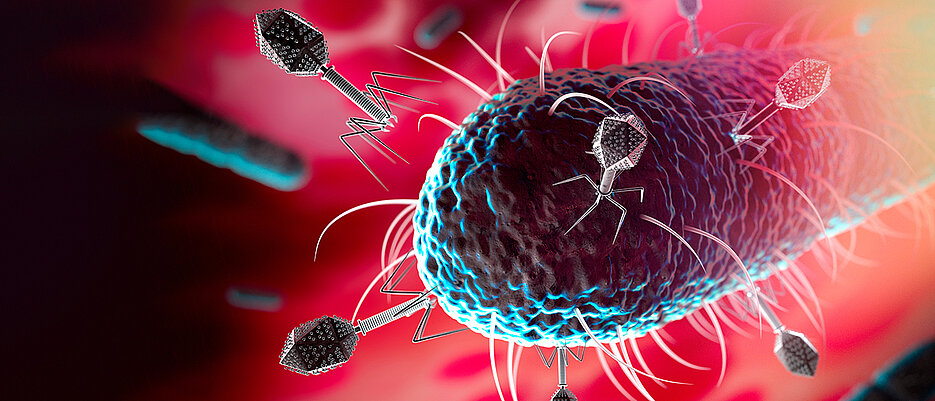Authentic co-design with Māori, incorporating a Te Ao Māori worldview, and greater connectedness with whānau are key elements of Hōkai Rangi, Corrections’ new departmental strategy designed to address the long-term challenge of Māori reoffending and imprisonment.
Corrections Minister Kelvin Davis launched Hōkai Rangi at an event in Parliament this morning, saying it will underpin major transformational change within Corrections.
“The over-representation of Māori in our prisons is devastating to whānau, hapū, and iwi. Our Government is committed to taking action to fix this and with Hōkai Rangi we are making good progress on our plan,” Kelvin Davis said.
“Our Corrections system has not worked for the majority of Māori. We’ve all seen the statistics and they are so enduring that the reality that over half of our prison population is Māori has just become a normal fact of life.
“The status quo is no longer acceptable. Hōkai Rangi is a bold and long overdue strategy which ultimately aims to lower the proportion of Māori in Corrections care to match the Māori share of the general population.”
Hōkai Rangi will be implemented over the five-year period from 2019-2024 and contains a series of short and medium-term actions, as well as long-term outcomes and required new approaches.
“There’s already a lot of work underway.
“Right now we are prioritising the delivery of a Deputy Chief Executive – Māori, a new role to ensure a dedicated Māori voice at the top table.
“In this year’s Budget we announced Māori Pathways at Hawke’s Bay and Northland Region Corrections Facility – including the establishment of Whānau Ora navigators at these two prisons.
“We are actively partnering with iwi. Wherever there is a prison, my expectation is there will be a strong partnership with mana whenua.
“But perhaps the biggest change Hōkai Rangi brings is the idea that we are now going to treat the person – and not just their crime,” Kelvin Davis said.
Notes to editors:
- In early 2019 Hōkai Rangi was developed with a reference group of experts, including Māori with experience of the Corrections system, both in custody and in the community.
- The key initial steps for Hōkai Rangi include:
- co-designing systems of partnership with Māori;
- developing an action plan for the strategy’s implementation;
- identifying measures and indicators to enable progress to be tracked;
- embedding accountability for achieving the strategy’s objectives across the organisation; and
- establishing appropriate forms of governance.
Work already underway
- There are a number of projects that are already in the planning and design phase:
- A Deputy Chief Executive – Māori position has already been created and will be filled soon.
- Māori Pathways at Hawke’s Bay and NRCF.
- The Collins Road Resettlement Centre being developed in partnership with the Kiingitanga and Housing New Zealand.
- Waikeria Māori Model of Health: A 100-bed mental health facility will be built at Waikeria Prison operating a Māori model of care informed through co-design with Waikato DHB, whānau, hapū, iwi, and other DHBs and community services.
- Special Treatment Units (STUs): Three additional STUs will be provided: one for tāne, one for wāhine, and one for rangatahi. STUs are high-intensity group therapy interventions for people at high risk of reoffending.
- Te Mana Wāhine Pathway in one of the women’s prisons will enhance and expand existing kaupapa Māori services offered to wāhine Māori.
- Gang Engagement Framework: Designed to reintegrate gang-affiliated people who are motivated to disengage from offending, and to reduce the reoffending rates through a strong focus on rehabilitation, reintegration, and disengagement. There will be a dedicated role that will take a whānau-centric approach to supporting people under the framework, with reducing family harm the primary focus.








